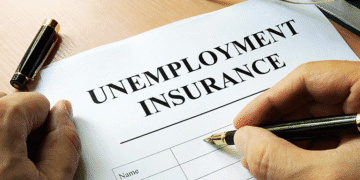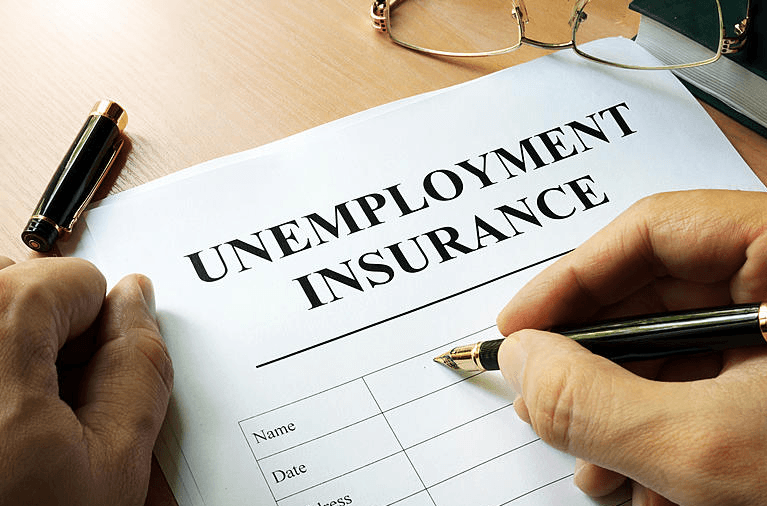Srotaswini Mohapatra
Pune, 29 July 2025
We insure our cars, homes, health—even our smartphones. But when it comes to losing our jobs, there’s no common insurance plan that protects our income or livelihood.
In today’s uncertain job market, where layoffs can hit without warning, a big question arises:
Why doesn’t insurance cover job loss like it does illness or accidents ?
Let’s dive into the reasons—and whether this could change in the future.
- What Would “Layoff Insurance” Even Look Like?
Imagine this: You lose your job, but instead of panicking over bills, your insurance plan kicks in—covering your salary for a few months while you look for your next opportunity.
It sounds great. But that kind of “income protection” is rare and expensive. Most people don’t have it. Why?
- Insurance Depends on Predictable Risk
Traditional insurance works because companies can predict how often bad things happen—like car crashes or hospital visits. They spread that risk over millions of people.
But job loss is trickier:
Layoffs can spike suddenly (recessions, pandemics, company shutdowns)
It’s hard to predict who will be affected and when
If many people claim at once (mass layoffs), insurance companies may collapse financially
- High Risk = High Premiums
Because layoffs are unpredictable and can affect large groups at once, the cost to insure against them would be very high. That means:
Employees may not want to pay the high premiums
Employers may not want to sponsor such coverage
Insurance companies may avoid offering it entirely
In short, it’s just not profitable—or affordable—on a large scale.
- Alternatives Do Exist—But They’re Limited
Some countries offer state-sponsored unemployment insurance—like in the US, Canada, or parts of Europe. But this isn’t private insurance; it’s funded by taxes.
In a few markets (like Japan or France), income protection insurance is offered by banks or insurers, but:
It usually only covers loan payments, not full salary
There are strict conditions (you can’t quit voluntarily, for example)
Claims may be delayed or denied easily
So while the idea exists in some forms, it’s far from mainstream.
- Could Layoff Insurance Become a Reality in the Future?
Possibly—but it would require:
Better data and prediction models
Support from governments to back or subsidize insurers
Financial literacy and willingness from workers to pay for it
With the rise of gig work, economic uncertainty, and tech disruptions, the demand is rising. But for now, job loss remains a personal financial risk, not one covered by insurance.
Conclusion:
Insurance is designed to protect us from sudden loss—but when it comes to losing your job, you’re mostly on your own. While some systems like unemployment benefits help, true layoff insurance remains a dream for many.
Until then, the best protection is financial planning: emergency savings, upskilling, and staying prepared.





















